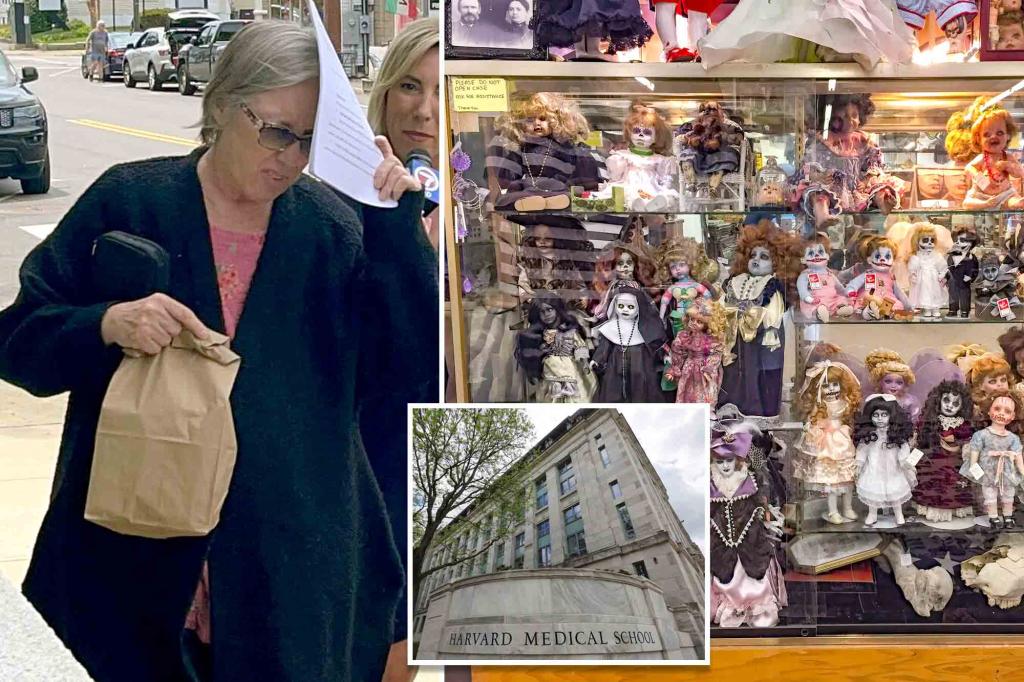Denise Lodge, the wife of a former Harvard Medical School morgue manager, has pleaded guilty to interstate transportation of stolen goods after being involved in a scheme to sell stolen human body parts from the mortuary. The scheme also involved an Arkansas mortuary employee and a Massachusetts store owner, with body parts being sold online between 2018 and 2020. Some of the body parts sold included hands, feet, spines, and skulls.
Lodge’s attorney, Hope Lefeber, stated that her client’s husband was the mastermind behind the operation, and she simply went along with it. The selling of body parts from the Harvard Medical School morgue violated the ethical guidelines of the school, where bodies donated for education and research purposes are supposed to be cremated and returned to the donor’s family after use. Lodge and her husband saw a business opportunity within the black market for human remains and participated in selling body parts without families’ knowledge.
Cedric Lodge, the former morgue manager at Harvard, was fired in May 2020, with the school describing his actions as an “abhorrent betrayal.” The demand for human remains in the US was highlighted by this crime, showing that whole-body donations and sales are not as heavily regulated as organ and tissue donations. Only a few states closely monitor whole-body donations, with the oversight lacking in many parts of the country.
The process of obtaining and selling human remains involves unregulated body brokerages, who work with hospices and funeral homes to approach family members of the deceased in exchange for free cremation services. These body brokerages can sell a donated corpse for thousands of dollars, with body parts being sold at varying prices depending on the condition. The market for human remains is primarily driven by medical schools, research facilities, independent collectors, and cosmetic surgery firms.
Prices for human body parts can range from $1,000 for a set of hands to $11,000 for an entire body. The illegal trade in human remains shows a lack of oversight and regulation in the industry, with experts pointing out the need for stricter monitoring and enforcement of rules. The case involving Lodge and her associates sheds light on the often overlooked black market for human body parts in the US, highlighting the need for increased awareness and measures to prevent such crimes in the future.


